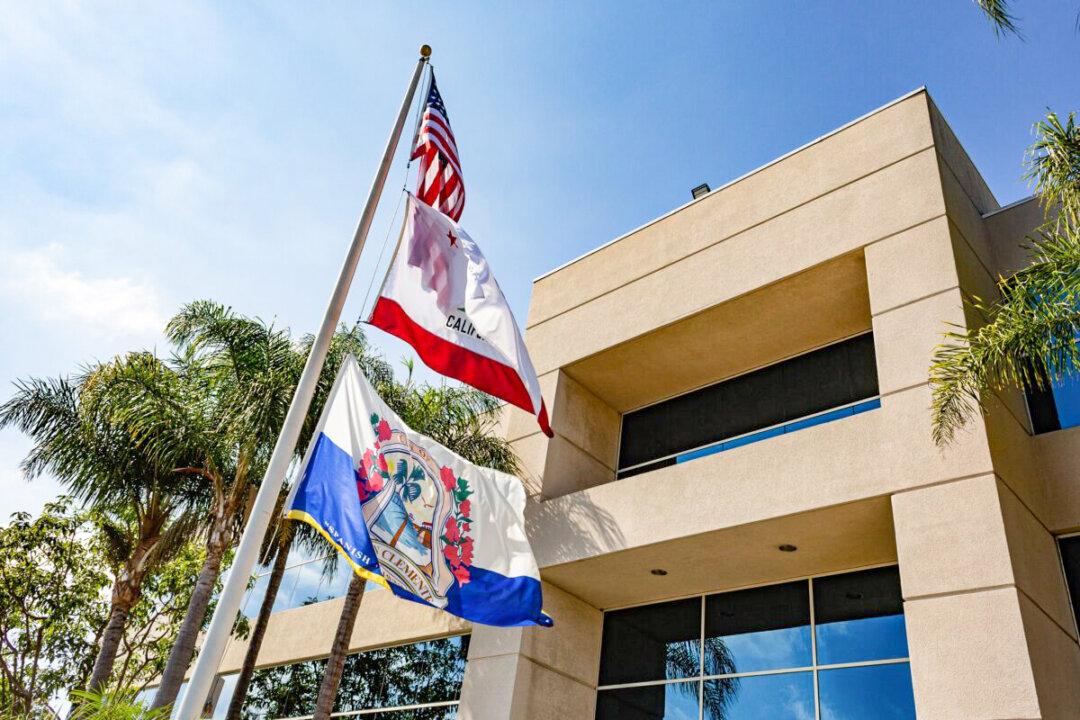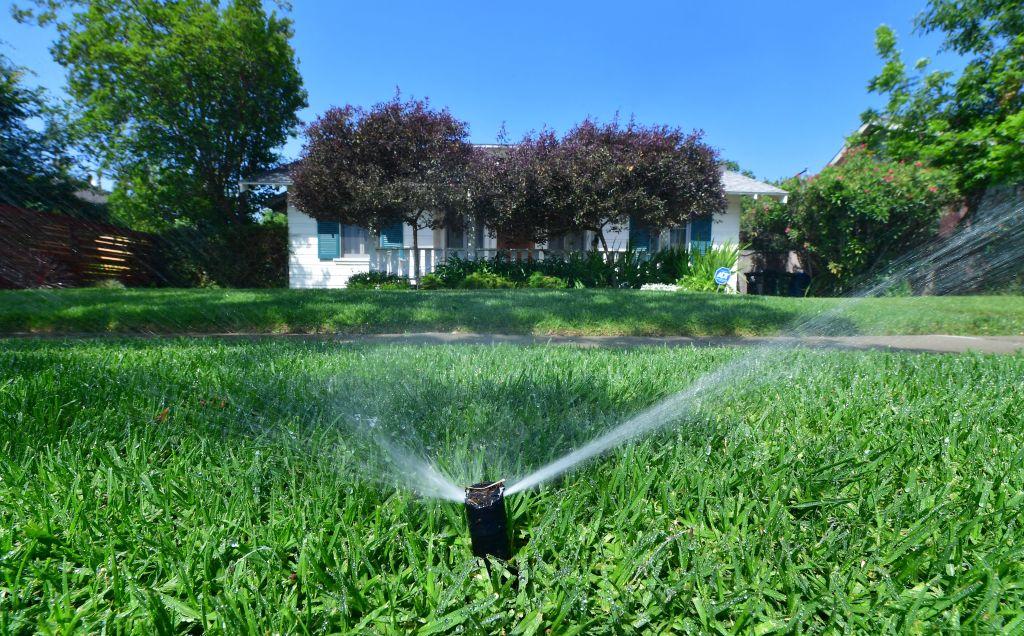MISSION VIEJO, Calif.—A Mission Viejo resident filed a lawsuit on April 7 against the city arguing that all five of its city council seats should be up for a vote in November.
At issue is a complicated failed attempt by the city to comply with a 2018 lawsuit settlement to make its elections decided by cumulative voting, meaning city voters would cast up to five ballots for the city’s five council seats.





